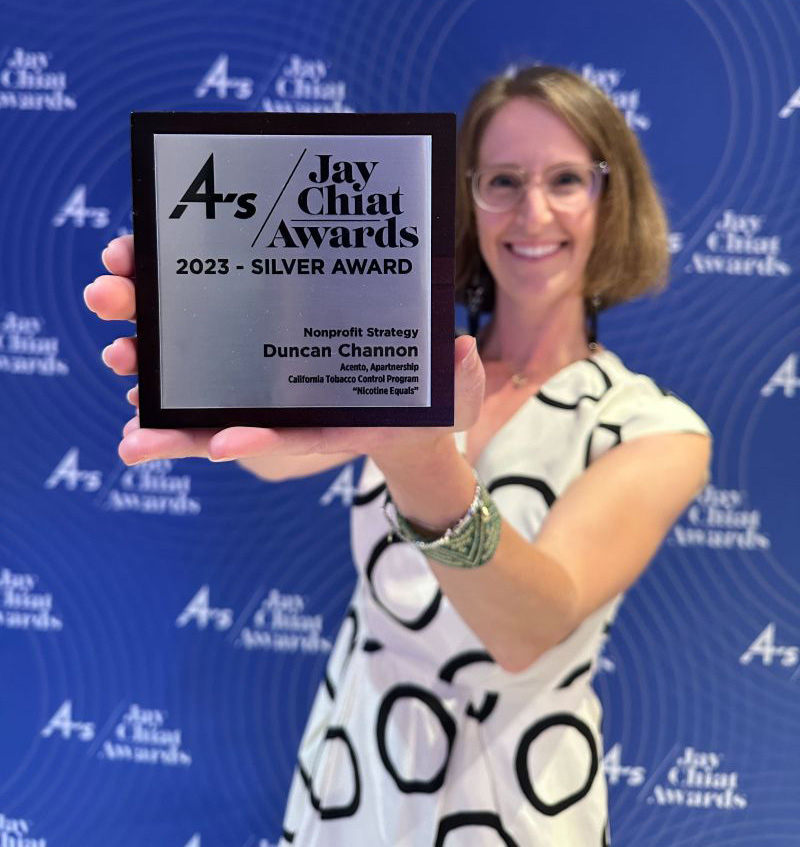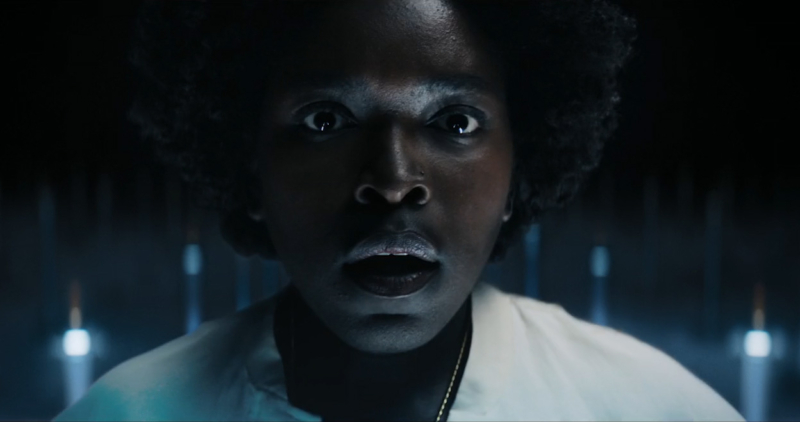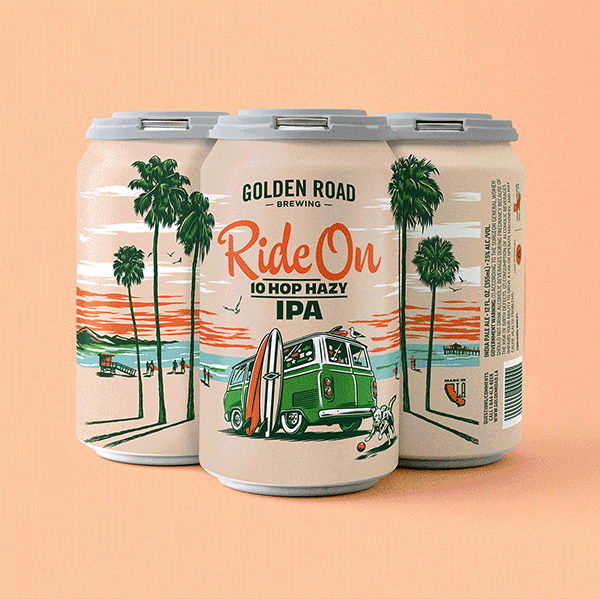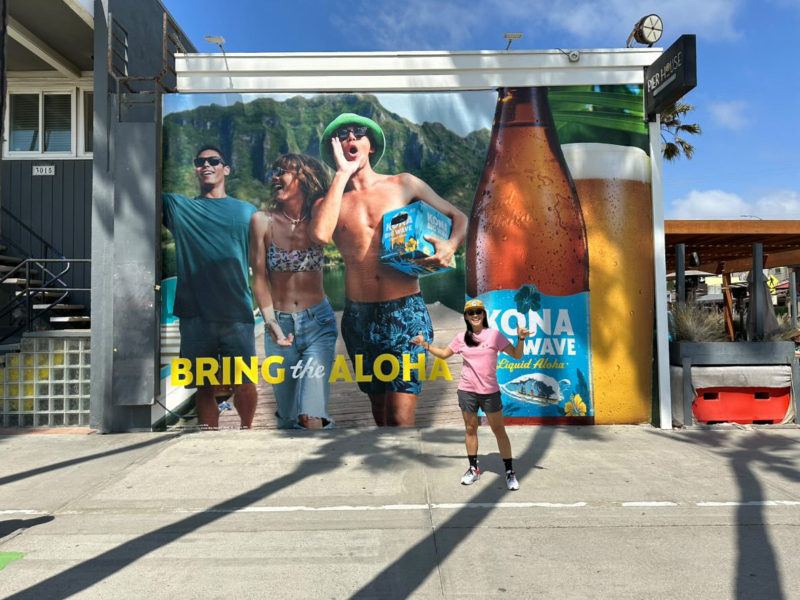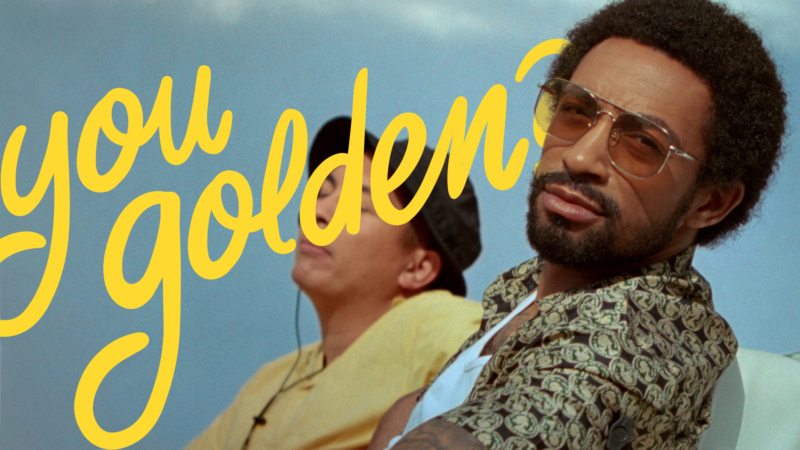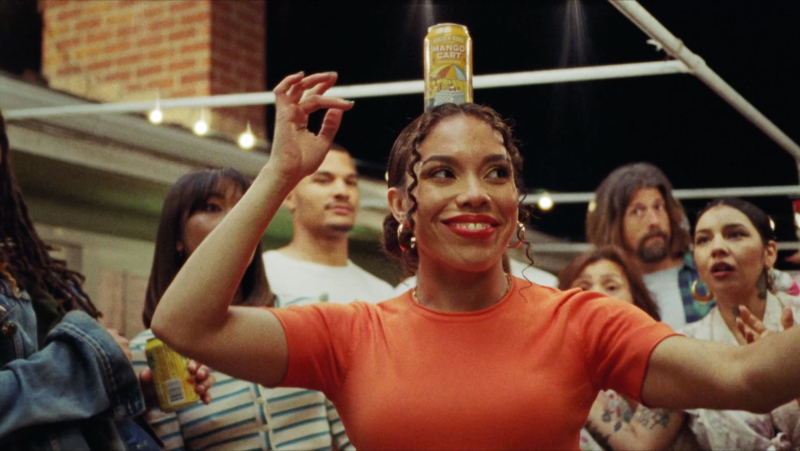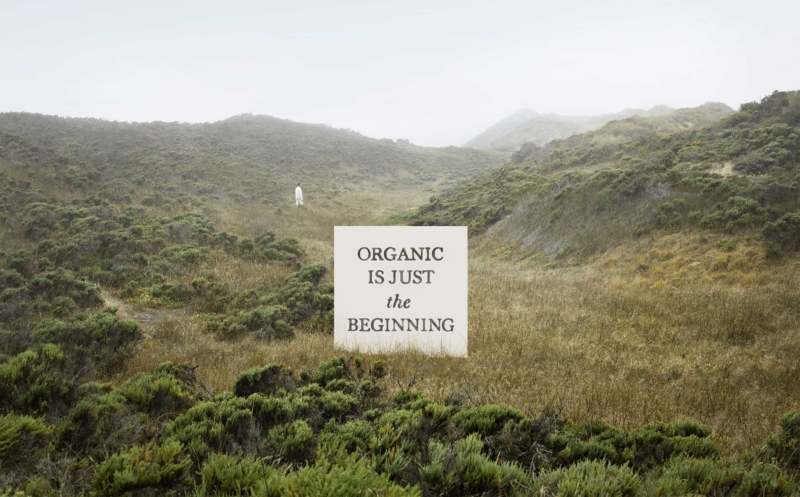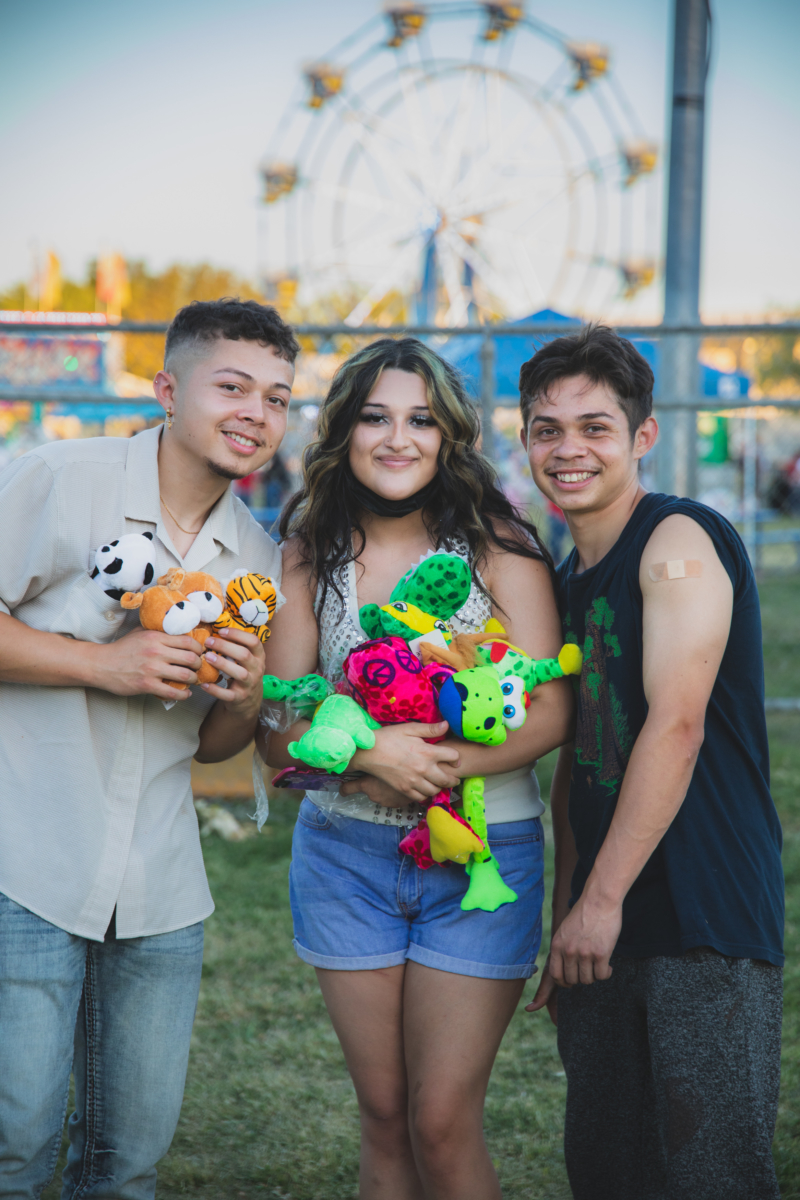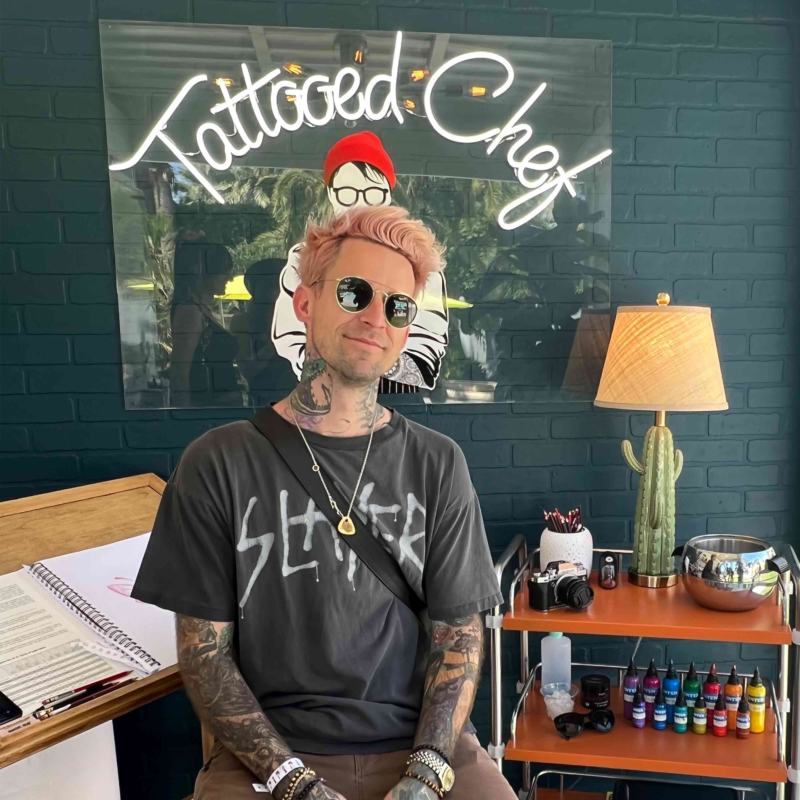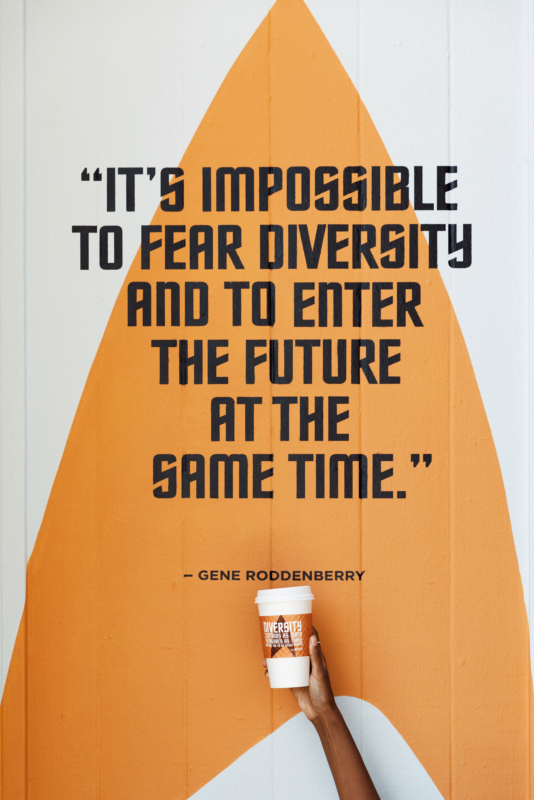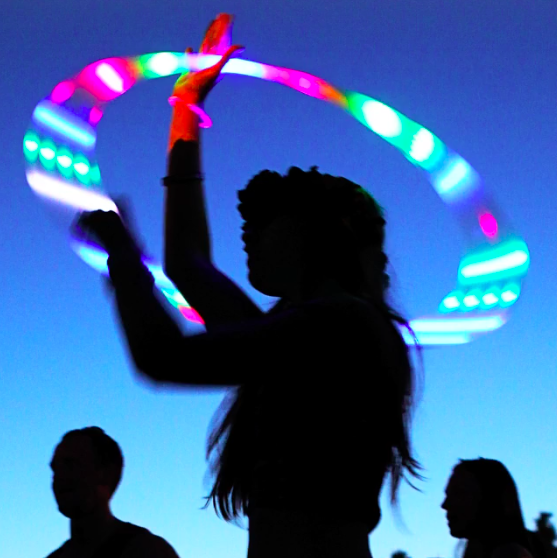News
··········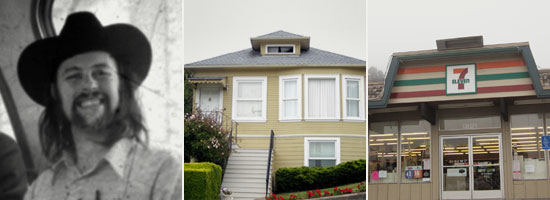
UPDATE: I was reminded how impossible it can be to earn a living as a writer — even if you’re as talented, knowledgeable and experienced as Ed Ward — when I found out that, after a series of broken contracts and reneged promises over the last year, Ed finds himself on the verge of eviction from his modest apartment in Montpellier, France. A Facebook fundraising page has been posted, and it directs you to a “donate” button on his tres enjoyable blog about his current hometown. I’d invite anyone who liked this story or has liked Ed’s NPR work or other journalism or just thinks it ain’t right, to give what you can. And you can re-post this story or send friends to the Facebook page. Ed has less than two weeks, until October 15, to get right with the landlord. Thanks.
··········
I was reminded of how good Ed Ward is on the way home from work yesterday listening to his story about Sugar Pie DeSanto on Fresh Air. When Ed’s on his game, which seems like most of the time these days, at least on the radio, you find yourself not just in violent agreement, but riffing along, bopping your head, gleefully exclaiming, Tourette’s-like, as his tale of this or that underappreciated cult figure, complete with mouth-watering music samples, unspools from the dashboard. It’s music criticism that comes damn close to being music. You pull in the carport, rush inside and download everything you can find by Sugar Pie DeSanto.
If you have any inkling of who Ed is, you probably know him from his longtime gig as Terry Gross’s “rock historian.” But maybe you were in Austin in the ’70s or ’80s and remember the implacable rock critic for the Austin-American Statesman, the guy who inspired bruised musicians to sport “Dump Ed Ward” bumper stickers, tongue-in-cheek or maybe not. Or if you’re really old you might remember him as a reviewer and editor for Rolling Stone when the magazine was still in San Francisco and still meant the world to people like me.
I remember him in Sausalito, post-Rolling Stone, when he was, among other things, west coast editor for Creem. I had abandoned higher education and the rock bands of New York to try the California dream I’d heard about in all those rock songs. My plan: well, I know a lot about rock music…
But, of course, I didn’t. Not compared to Ed.
It was an impossibly long-ago 1974, and I had been trolling the hills of Sausalito for days in search of an apartment near the spectacular vistas I’d glimpsed on a visit as a kid. A cheap apartment, too — if you can imagine such a place in Sausalito today. But suddenly there it was. For rent: a ground floor apartment, not overpriced, three blocks up from Bridgeway. I stopped the car. Just as I neared the front door, a burly, black-goateed, black-cowboy-hatted biker rounded the corner with a moving box. “Got it already,” he said, but, by the sound of it, he meant, “Fuck off.”
Somehow, my frustration with apartment hunting overcame my intimidation at having to question a biker, and I asked if I could look at the place anyway. The biker said OK and put the box down in the living room, and beneath the box he’s wearing a press badge. So I ask who he writes for. A few months later, I’m writing for those publications, too, thanks to the biker, who while no less intimidating, turned out to be more of an intellectual Hell’s Angel, leathery about music and literature and knifey about editors who had fucked him over — pretty much all of them — always spoiling for bar fights that were, despite his size, strictly verbal and not generally in bars.
In other words, the biker turned out to be Ed Ward, and he gave me my start.
He fed me, too. Within a few months, the two of us — confirmed hetero bachelor losers — had developed a fully symbiotic relationship. I drove; he, who had no car, cooked. After dinner, I, who had no clue, listened, and he pontificated. One of the things he pontificated on was food. He said that Americans ate shit food, all that frozen, canned, packaged, sprayed, industrialized and altogether over-processed stuff, all those characterless meals without spice or imagination, the colorless, cardboard-tasting tomatoes — and don’t get him started on McDonald’s. Basically, Ed was laying out the whole New American Cuisine argument decades before it would come to be part of the mainstream dialogue — Alice Waters, then just gearing up across the bay, in a Stetson.
Which meant, of course, he was a damn good cook, walking it like he pontificated it — fresh veggies, locally grown when he could find them; herbs from his windowsill garden; strategically selected cuts of meat, fish or fowl; all of it slowly, thoughtfully prepared, with spices, ensuring a complex crosscurrent of flavors and the preservation of essential nutrients. And all of it mostly lost on me, whose typical meal was chocolate donettes from the Sausalito 7-11, washed down with a Coke and a Marlboro. The first time Ed made me a bowl of gumbo I loved the taste, but couldn’t get beyond the fact that it included oysters. Three-and-a-half decades later, I’m diabetic from the donettes, and my favorite food is Kumamotos on the half-shell. And don’t get me started on gumbo (Homer Simpson drool). Where’s Ed Ward when you need him?
Ed taught me a ton about music, too, but back then it wasn’t via NPR. It was sitting around the living room of that ground floor apartment, often in the company of John Morthland, another visionary critic, cultural historian and great pair of ears. I’d drive, Ed would cook; I’d listen, he’d talk. And then I’d listen, and he’d put on records. He had a million of them. Small-c catholic doesn’t begin to describe his musical interests. I remember him railing about Eric Clapton’s then current hit, “I Shot the Sheriff,” basically characterizing it as the cardboard tomato of rock — the racist cardboard tomato, he may have added. Then he said, “Listen to this.”
He carefully unsleeved an import by a guy I’d never heard of, who, Ed informed, had written and first recorded the song. Today, I don’t have to tell you it was Bob Marley. After that he put on Toots and the Maytals, Prince Buster and a whole lot of other people who were playing this genre called reggae that, Clapton’s hit aside, 99.9% of Americans had never heard or heard of. And, as he does now on Fresh Air, he wove a story about how reggae developed from, among other flavors, the music of the New Orleans second line, heard dimly on the radios of Jamaica (there was often a link between the food of the evening and the music). And it was late, and we were drinking our post-prandial black-and-tans (a favored blend he also introduced me to), and you could almost hear those tinny transistors as the reggae loped from the stereo.
An evening at Ed’s was simultaneously a visit to another planet and musical grad school.
Ten months later, the night before I returned to New York (not to return to CA, permanently, for 10 years), he pulled out the second album by this little-known East Coast rocker — a former “New Dylan” singer-songwriter in dire danger of falling short of his record company’s initial hype — to play me “New York City Serenade” and “Incident on 57th Street.” Not surprisingly, The Wild, The Innocent and the E Street Shuffle remains one of my favorite Springsteen albums.
But I have to tell you about Brian Eno.
Almost nobody knew about Eno in those days. He hadn’t yet produced Talking Heads’s classic Remain in Light or Bowie’s heroic Heroes. He wasn’t world-famous as the sonic svengali behind U2’s Unforgettable Fire and Joshua Tree. And he was still to create the Microsoft Windows sound. Yes, he had manned the synthesizer in Roxy Music, but that didn’t count for much in the US, recognition-wise, because it was still years before those hipster faves would record “Love Is The Drug,” their one US hit.
Ed, of course, knew all about Brian Eno, and he liked the guy’s new solo album, his first, an experimental, yet rocking, collection called Here Come the Warm Jets. And he agreed to a publicist’s offer to interview the guy. Because Ed still couldn’t afford any wheels, he invited the flack to bring Eno by the house.
So Ed and I have completed our shopping, and we’re back at his place, and he’s on a tear: actually cooking and pontificating at the same time, pausing periodically in his rap about music, food and perfidious publishing peeps to issue an ultimatum to the unseen PR guy and his client, who are now two hours tardy: “They better not interrupt dinner.”
I don’t remember what the meal was that night, but as Ed finished making it, I noticed out the window a slight, balding gentleman with wispy, long blond hair sniffing a flower in the garden next door. The publicist, an old friend of Ed’s, entered first, and, without hesitation, Ed told him, No dice. So, I’m feeling pretty uncomfortable, and then, a minute or two later, Eno glides in, the most gentle, sweet glam/experimental musician you could ever hope to meet, and Ed looks him in the eye from behind his cutting board and says:
“Hey, man, I really like your new album, but you’re late, and I’ve got a guest for dinner.”
And, with no further ado, Brian Eno and the publicist turned heel, and Ed Ward and I sat down for the evening’s festivities.
··········
Above: Ed Ward at the infamous Rock Writers’ Convention (photo copyright 2010 Roni Hoffman); the Sausalito apartment; the 7-11 on Bridgeway, home to chocolate donettes and other delights. In addition to his Fresh Air pieces and magazine writing, Ed blogs from his current home in the south of France: wardinfrance.blogspot.com.
